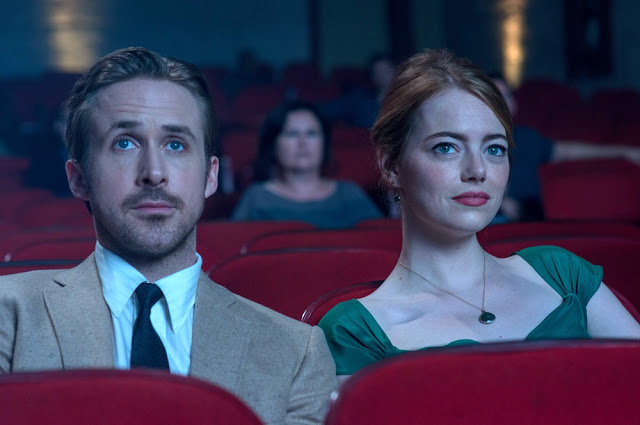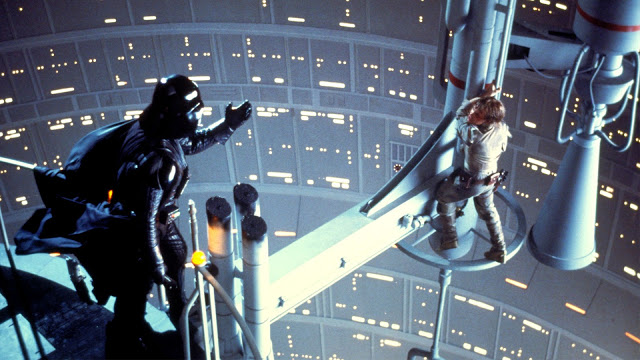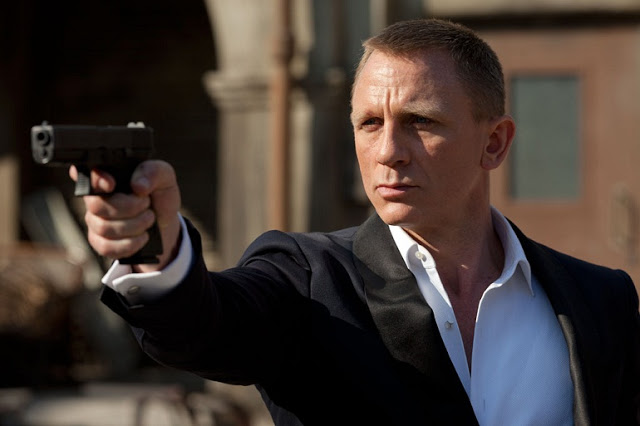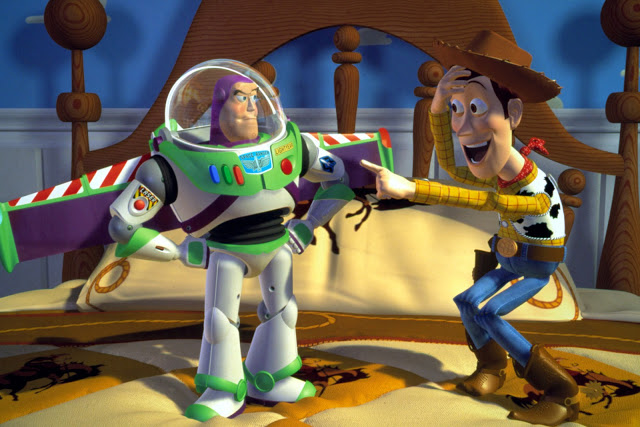Ranking Every Movie of 2016 (all 108 of them)
Following up on yesterday’s top 10, it’s time for the Manifesto’s silly annual tradition of ranking every movie we watched in the past year. This is an undeniably foolish exercise, but it’s useful as a recordkeeping function. Plus, it makes people angry, which is always fun.
Click on the hyperlinks to read my review for a particular movie. Per usual, for each film, I’m parenthetically adding the director’s name, as well as its Rotten Tomatoes and Metacritic scores; both of those metrics are deeply problematic, but they do tend to reveal whether I conform to or diverge from the critical consensus. In addition, as a new feature this year, I’m noting if each movie listed is currently streaming on Netflix, Amazon Prime, HBO Go, or Hulu. So, even if you’re one of those worthless oafs who never goes to the theater anymore, this list can still provide you with some helpful viewing recommendations, free of charge.
That’s about it. Here are the Manifesto’s rankings of every movie we watched in 2016 (with the unfortunate caveat that I’ve still yet to see Toni Erdmann): Read More





